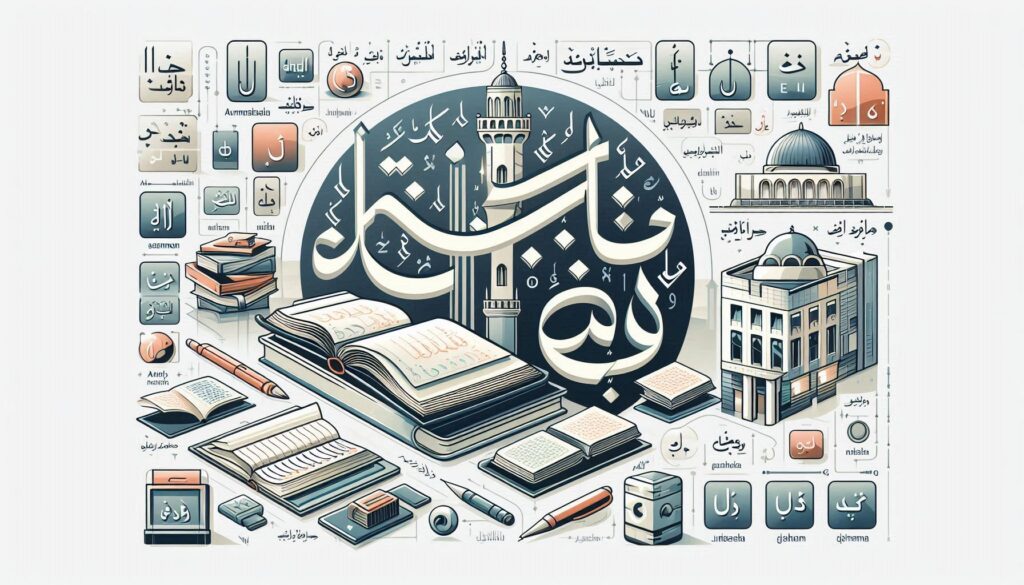Overview of Arabic interpretation services
Arabic is one of the oldest and most complex languages in the world, spoken by over 420 million people globally. With the strong development of trade relations between Vietnam and Arab countries, the demand for Arabic interpretation services is increasing. Particularly in fields such as international trade, diplomacy, and energy, the role of Arabic interpreters has become extremely important.
Characteristics and challenges of Arabic interpretation
The unique right-to-left writing system of Arabic poses a significant challenge for learners and interpreters. Additionally, this language has many sounds that do not exist in Vietnamese, along with a completely different grammatical structure. The rich vocabulary with countless synonyms further complicates the interpretation process. Another challenge comes from the diversity of dialects, as Arabic is not only made up of Modern Standard Arabic (MSA) but also has many distinctive local dialects. The differences in vocabulary and pronunciation between regions require interpreters to be highly adaptable and flexible in switching between dialects.

Requirements for Arabic interpreters
To become a professional Arabic interpreter, individuals must meet strict requirements regarding their expertise. This includes possessing a degree in Arabic language, international interpretation certifications, and accumulating rich practical working experience. Additionally, the ability to continuously update knowledge is also a crucial factor. Interpreters need to have quick reflexes in communication, high pressure handling abilities, and extensive knowledge of Arab culture. Particularly, research skills and understanding of specialized terminology are key factors that ensure the quality of translation in specialized fields.
Fields that require Arabic interpretation services
In the fields of trade and investment, Arabic interpreters play a crucial role in contract negotiations, trade conferences, investment consulting, and business transactions. In the oil and energy sector, they participate in translations of exploration contracts, technical negotiations, specialized documents, and thematic workshops. In the field of diplomacy and international relations, interpreters significantly contribute to high-level conferences, translating diplomatic texts, cooperation agreements, and cultural exchange activities. The tourism and service sector also has a high demand for Arabic interpreters for tourism guidance activities, hotel services, customer care, and event organization.

How to choose a reputable Arabic interpretation service
When choosing an Arabic interpretation service, important evaluation criteria to consider include industry experience, a portfolio of served clients, reviews and feedback from previous customers, along with competitive pricing in the market. A professional service provider should have a clear working process, commitment to information confidentiality, quick response times, and 24/7 customer support. Service quality is ensured through a double-check process, clear quality commitments, service warranty policies, and transparent contract terms.

Advice when using interpretation services
To achieve optimal results when using Arabic interpretation services, clients should provide materials in advance so that interpreters have ample time to prepare. Clarifying requirements and usage purposes from the outset will help guide the work more accurately. Additionally, it is important to agree on specialized terminology and maintain regular communication with the interpreter throughout the working process to ensure the best results.
Conclusion: Arabic interpretation is a profession that requires a high degree of professionalism and dedication. Choosing a reputable interpretation service will play an important role in ensuring the success of international transactions and collaborations. With the continuous development of Vietnam – Arab relations, the demand for high-quality interpretation services will continue to increase, requiring service providers to continuously improve their capabilities and service quality.
See more:
Why new language AIs will take a long time to replace interpreters (Part 1)

